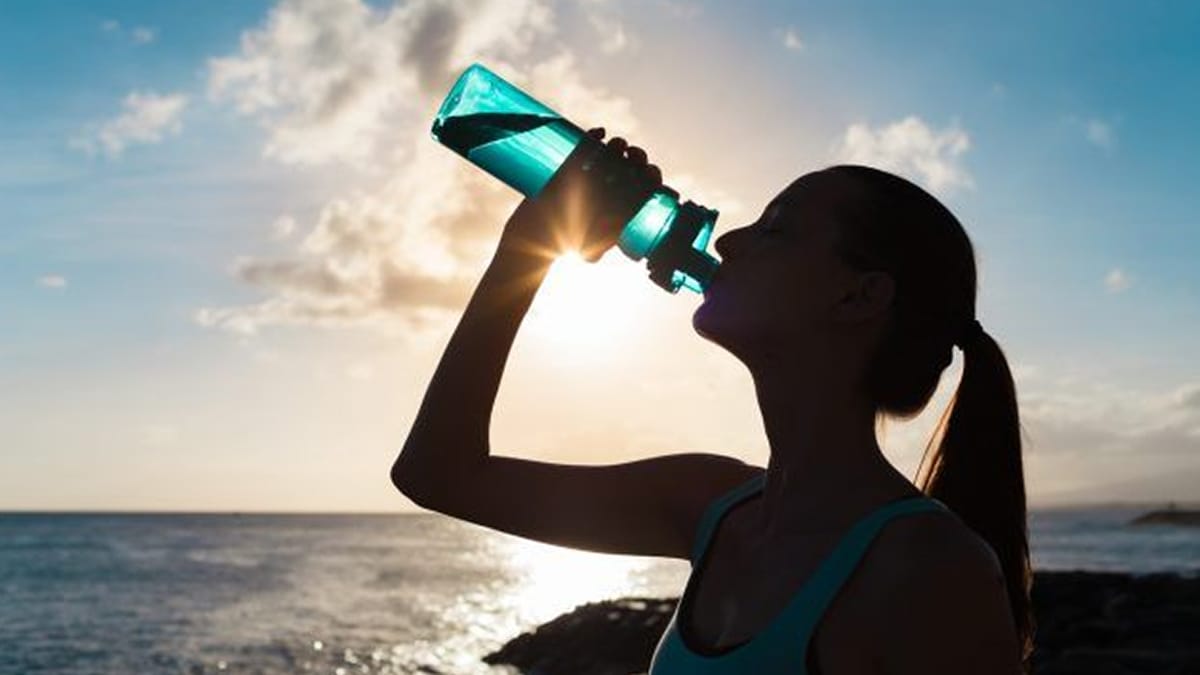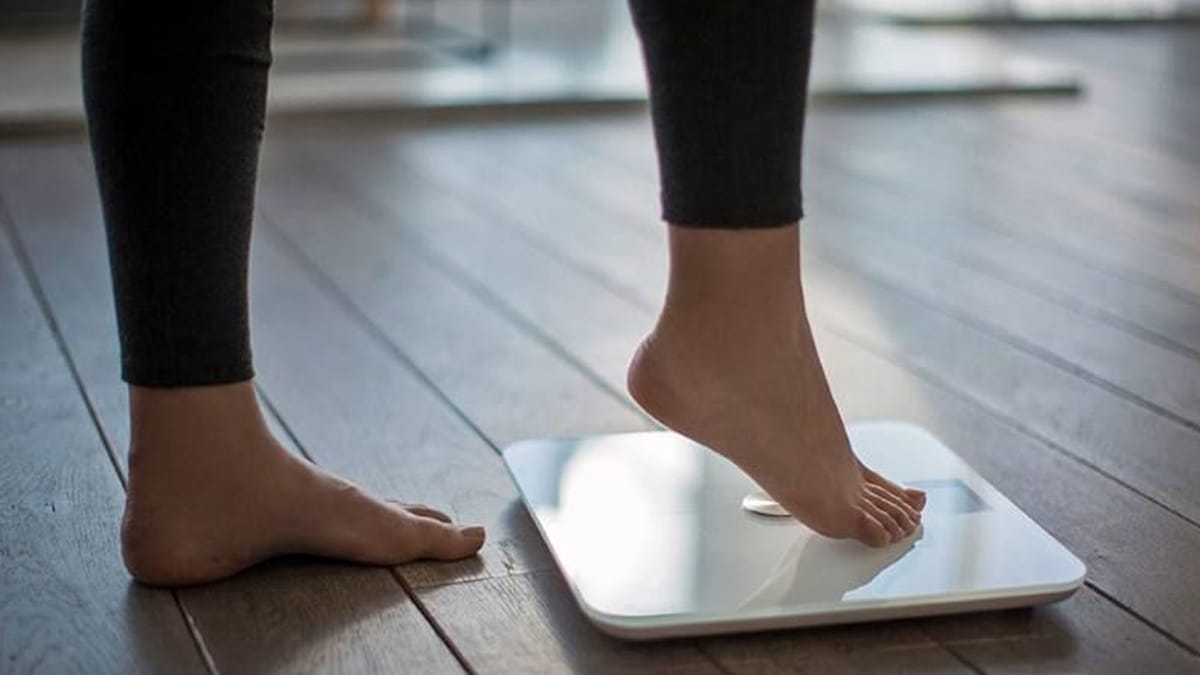Why Is Weight Loss Easier for Young Adults Only?
Losing weight often feels like a puzzle. Many people notice that when they were younger, shedding pounds seemed easier, but as they grow older, the same effort brings slower results. The truth is, yes, weight loss is easier for young adults, but it is not impossible for older individuals. The difference lies in metabolism, lifestyle, hormones, and the natural aging process. Understanding why weight loss is easier for young adults helps you adapt smarter strategies that work at any stage of life.

Why Is Weight Loss Easier for Young Adults Only?
Weight loss is not only about diet and exercise, it is about biology, psychology, and consistency. In this article, we will explore the science behind why young adults lose weight faster, what changes occur as we age, and how you can still achieve sustainable results at any age with the right strategy.
The Role of Metabolism in Young Adults
Metabolism is the rate at which your body burns calories to maintain basic functions. Young adults generally have a faster metabolic rate. This means they burn more calories at rest compared to older individuals.
One major factor is muscle mass. During the teenage years and early 20s, muscle growth peaks, and muscle tissue burns more energy than fat tissue. As a result, even when a young adult is sitting still, their body is working harder to burn energy.
Another factor is daily activity. College students, young professionals, or individuals in their 20s are often more active, whether through sports, walking, social activities, or physically demanding jobs. More movement equals more calories burned, which naturally makes weight management easier.

Hormonal Advantages of Young Adults
Hormones play a critical role in body weight regulation. Young adults experience optimal levels of growth hormone, testosterone, and estrogen, which support lean muscle growth, regulate appetite, and improve fat-burning efficiency.
As people age, hormone levels naturally decline. For example, testosterone in men drops steadily after age 30, and women face hormonal shifts during perimenopause and menopause. These hormonal changes slow down calorie-burning ability, increase fat storage, and make cravings harder to resist.
This hormonal balance is one of the hidden secrets why weight loss feels effortless in young adults but frustrating in older age.
Lifestyle and Energy Levels
Younger people usually have higher energy levels, better sleep quality, and more time for physical activities. Sleep is a huge factor that impacts weight management. A study published in the Annals of Internal Medicine revealed that lack of sleep disrupts appetite-regulating hormones like leptin and ghrelin, making weight loss harder.
Young adults often recover faster from workouts, so they can push harder at the gym and remain consistent. Older adults, on the other hand, may need longer recovery times, which reduces workout frequency and intensity.
The Impact of Aging on Weight Loss
Why does losing weight become harder with age?
Metabolic slowdown – Muscle mass decreases naturally with age, reducing calorie expenditure.
Hormonal decline – Lower levels of sex hormones reduce fat-burning capacity.
Lifestyle changes – Older adults may have more sedentary routines due to work or health limitations.
Medical conditions – Issues like thyroid dysfunction, diabetes, or insulin resistance become more common and make weight loss more complicated.
Psychological challenges – Motivation tends to decrease with age due to responsibilities, stress, and fatigue.
These factors create the illusion that weight loss is impossible, but in reality, it only requires adjusted strategies.
Strategies for Older Adults to Lose Weight Successfully
Just because young adults have an advantage does not mean older adults cannot lose weight. It is about adapting to your body’s current needs.
Prioritize strength training – Building muscle is the number one way to speed up metabolism. Resistance training 3–4 times per week can help reverse age-related muscle loss.
Adjust calorie intake – Older adults may not need as many calories as younger ones, but they still need nutrient-dense foods. Focus on lean protein, vegetables, healthy fats, and whole grains.
Improve sleep quality – Creating a consistent sleep schedule can reset hormones and make fat loss easier.
Stay active throughout the day – Small actions like walking after meals, taking stairs, or stretching can add up.
Mind stress levels – Chronic stress raises cortisol, a hormone that encourages fat storage around the belly. Meditation, deep breathing, or yoga can reduce stress.
Scientific Studies Supporting This
Research shows that resting metabolic rate declines about 2% per decade after age 20. According to the National Institute on Aging, sarcopenia (age-related muscle loss) is one of the leading causes of slower metabolism.
Another study from the Journal of Clinical Endocrinology & Metabolism showed that women in menopause gained fat mass more easily, even with the same diet, compared to their younger years.
These findings confirm that biology plays a big role, but lifestyle interventions still have a powerful impact.
Practical Examples and Case Studies
Take for example John, a 25-year-old who loses 10 pounds in 6 weeks simply by cutting out soda and jogging three times a week. Meanwhile, Susan, a 45-year-old, follows the same plan but loses only 4 pounds. Why? Because Susan has lower muscle mass, slower metabolism, and hormonal shifts.
However, when Susan starts adding weight training and prioritizing protein intake, her results accelerate, proving that weight loss after 40 is still very possible with the right approach.
Tips to Maximize Weight Loss at Any Age
Track your daily food intake using an app or journal.
Increase protein intake to maintain muscle mass.
Incorporate both cardio and strength training.
Avoid crash diets which slow metabolism further.
Stay hydrated, as dehydration can mimic hunger.
Frequently Asked Questions (FAQ)
Why is weight loss easier for young adults only?
Because young adults have faster metabolism, more muscle mass, better hormone balance, and higher energy levels compared to older adults.
Can older adults still lose weight effectively?
Yes, absolutely. While it may be slower, weight loss in older adults is achievable through strength training, proper nutrition, and stress management.
How much slower is weight loss after 40?
On average, adults after 40 may lose about 20–30% less weight compared to their younger years on the same diet and exercise plan.
Do hormones really affect weight loss?
Yes, hormones like estrogen, testosterone, and growth hormone significantly impact fat storage, muscle mass, and metabolism.
What are the best exercises for older adults to lose weight?
Resistance training, brisk walking, swimming, cycling, and bodyweight workouts are safe and effective for maintaining metabolism and burning fat.
Can supplements help with weight loss in older age?
Supplements like protein powder, omega-3s, vitamin D, and magnesium can support weight loss but are not replacements for proper diet and exercise.
What foods should older adults focus on?
Lean protein, high-fiber vegetables, healthy fats (like olive oil or nuts), and whole grains are ideal for balanced nutrition.
Recommended Products for Weight Management
Resistance bands for home workouts
Dumbbells or kettlebells for strength training
A calorie-tracking mobile app
Sleep aid devices like blackout curtains or weighted blankets
High-quality protein powder for maintaining muscle mass
Final Thoughts: 5–7 Actionable Tips
Accept that weight loss may be slower with age, but not impossible.
Focus on building and maintaining muscle mass as your primary goal.
Keep your diet balanced, avoid extreme restrictions that damage metabolism.
Prioritize quality sleep to restore hormones naturally.
Manage stress daily to keep cortisol under control.
Stay consistent, as small daily habits accumulate big results.
Believe in the process, not just quick outcomes, because long-term sustainability matters more.
Reference & Additional Reading
Inspired by studies and insights from:
www.health.harvard.edu
www.menshealth.com
www.healthline.com
www.womenshealthmag.com
www.ncbi.nlm.nih.gov
www.webmd.com
www.medlineplus.gov
www.tridenttech.edu
www.burnexia.com

